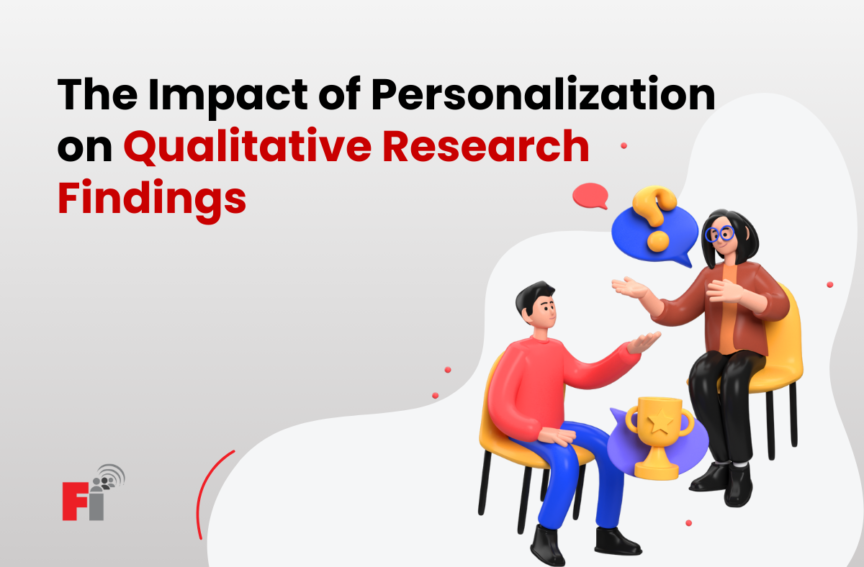Consumers today expect personalized experiences, yet traditional qualitative research often provides broad insights that fail to capture the nuanced differences among individuals. Generic findings can leave brands without the deeper understanding needed to craft meaningful connections. By incorporating personalization into qualitative market research, brands can gain richer insights that more accurately reflect the unique preferences and behaviors of their target audiences.
Generic Insights Don’t Reflect
Individual Needs
Qualitative research that relies on generalized data often misses out on the specific motivations, interests, and values that influence consumer choices. This lack of individual consideration leads to insights that don’t fully represent the diversity within a target market. The result? Missed opportunities to create tailored experiences that resonate with each consumer.
Consumers today want products, services, and messaging that are made with their specific needs in mind. Without personalization, insights can be too broad to guide strategic decisions that truly engage and delight the target audience.
Personalization for Deeper, More
Relevant Findings
Personalization takes qualitative research to the next level by revealing not just what consumers like, but why they like it. When research is tailored to reflect the unique characteristics of each participant, brands gain a deeper understanding of what drives decisions. This allows companies to deliver insights that are far more actionable and relevant to the needs of specific consumer segments.
With personalized qualitative research, brands can uncover the subtle, yet important, factors that influence consumer behavior. Whether it’s an emotional connection to a brand, specific pain points with a product, or preferences for a certain type of messaging, personalization ensures that insights are as detailed as they are meaningful.
Applying Personalization Techniques
in Research
Personalizing qualitative market research begins with thoughtful segmentation. By grouping participants based on demographics, psychographics, or past behaviors, researchers can tailor their methods to fit the distinct characteristics of each group. This ensures that the insights gathered are more reflective of the true needs and motivations of the target audience.
Personalized focus groups and interviews further enhance this approach. Researchers can ask specific questions that address the unique circumstances and experiences of each participant. These sessions encourage more open, honest feedback, helping brands to gather insights that are deeply connected to the consumer’s worldview.
Insights That Drive Connection
The power of personalized qualitative research lies in its ability to create connections. By focusing on the individual, brands can better understand the emotional and practical drivers behind consumer decisions. This level of insight allows companies to craft products and messages that feel tailored to each consumer, building stronger relationships and increasing brand loyalty.
Want to uncover insights that speak directly to your audience’s needs? Reach out to us at bids@focusinsite.com and discover how our personalized approach to qualitative market research can transform your strategy.


